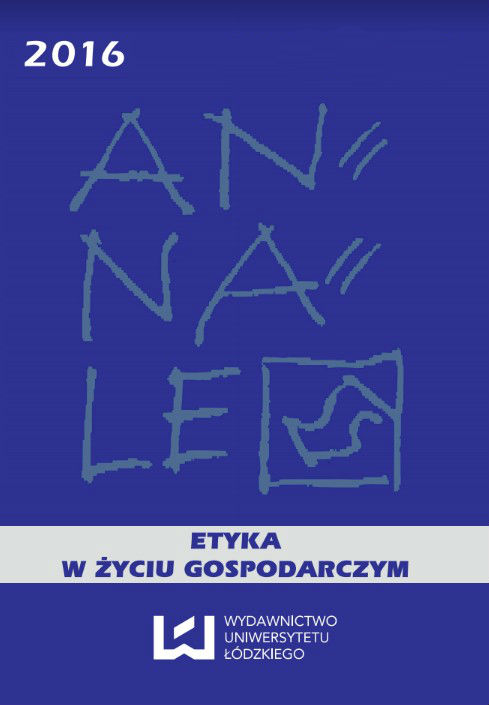John Bloch’s "The Future of War." Pacifism Based on Economics
John Bloch’s "The Future of War." Pacifism Based on Economics
Author(s): Andrzej PieczewskiSubject(s): Politics / Political Sciences, History, Social Sciences, Economy
Published by: Wydawnictwo Uniwersytetu Łódzkiego
Keywords: World War I;pacifism;economics;
Summary/Abstract: John Bloch (1839–1902) was a railroad tycoon, banker, social activist, philan-thropist and man of science. He was shortlisted for the Nobel Peace Prize in 1902 for his multi-volume work entitled The Future of War in its Technical, Economic and Political Relations, which was dubbed ‘the bible of pacifism.’ Thanks to his multi-layered activities he perfectly fits the positivist ideals of his time. Despite this, due to the course of history and ‘unfavourable circumstances’ for featuring his figure, for decades he was largely forgotten.The goal of this article is to present Jon Bloch and his works in the fields of entrepreneurship, science and most of all his attempts in aid of peace. I will pre-sent his major pacifist hypotheses and arguments which are included in his work The Future of War. The author substituted the usual religious and humanitarian arguments in aid of peace, with economic assertions. Published in many lan-guages, the book became essential reading for the intellectuals and politicians at the break of 20th c., while Bloch gained the nickname of ‘the father of contempo-rary pacifism.’ In order to verify the legitimacy of this claim I will contrast Bloch’s work to a work entitled The Great Illusion, by Norman Angell. Published in 1909, eleven years after the first publication of The Future of War, Angell’s The Great Illusion is well-known to the Anglo-Saxon readership.
Journal: Annales. Etyka w Życiu Gospodarczym
- Issue Year: 19/2016
- Issue No: 4
- Page Range: 67-80
- Page Count: 14
- Language: English

